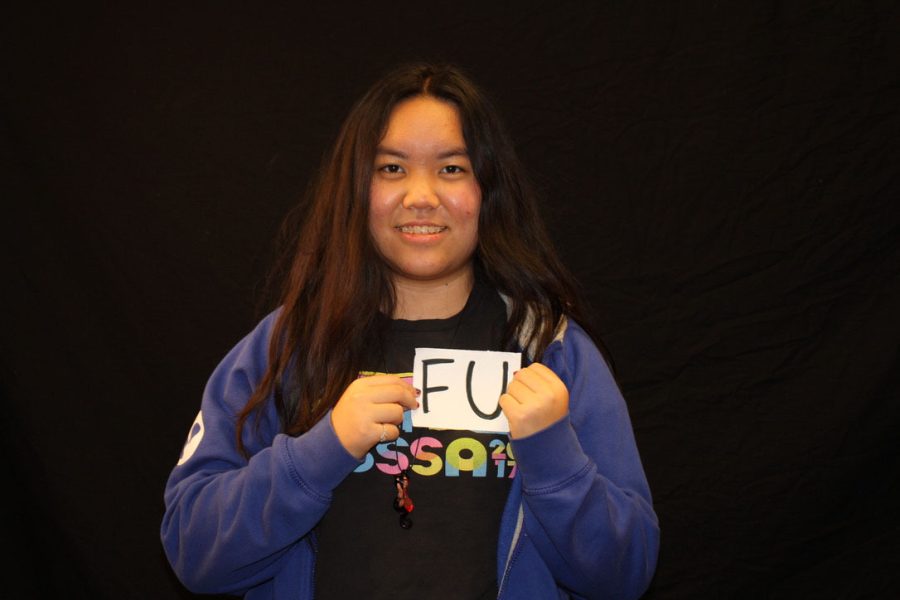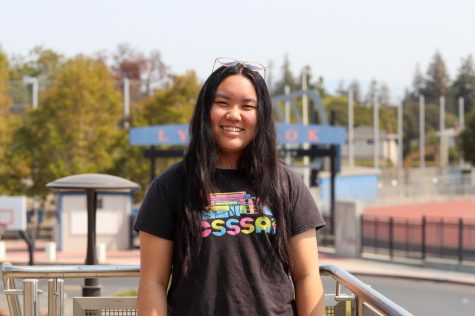Saying FU to marital naming traditions
My last name carries a lot of personal importance to me, and I am never going to change it after marriage.
November 9, 2021
In a second grade classroom, as winter rain darkened the window, my 7-year-old self sat at her desk and thought about how one day, she might not be Lillian Fu anymore. She would have some other last name, belong to some other family, be some other girl. Even then, she was repulsed by that idea.
It wasn’t long after that I decided I will never change my family name upon marriage. I will be Lillian Fu forever.
The tradition of wives taking their husband’s names was never matter-of-fact to me. My mom, like most Chinese women, didn’t change hers — in many Asian cultures, women retain their surnames after marriage. The concept was introduced to me through school and Western media, and I grew up knowing that it was optional. But that’s a luxury many girls don’t have.
I know that most women aren’t signing away their individuality when taking their husband’s last name, but I still can’t help but see it as a surrender. I can’t help but see its traditional function as a mark of ownership, the erasure of a woman’s identity. I can’t help but see generations upon generations of nameless wives, millions and millions of “Mrs. John Smiths” lost to history. And I can’t help but get a bit mad.
To me, the expectation society introduces to girls from a young age to change their last name tells them that their identity is less important than their future husband’s identity. Yet some women never question this expectation, instead taking it as romantic or familial.
We’ve all seen that scene in every romantic-comedy where the schoolgirl dreamily doodles hearts around her name in her notebook, with her crush’s surname in place of her own. When I wonder how scores of women carry on this tradition so willingly, I think of that schoolgirl, tossing her last name, which carries little weight when balanced against romance, away with such ease.
My last name is heavy to me. It’s weighed down by heritage, and I carry it with pride. It’s my legacy contained in a family name passed down from parent to child. As an American, I’ve never set foot in the halls of my ancestral home, or even met most of the people who share my blood. My name is one of my only connections to my roots.
But only sons are given the right to continue that legacy. On a walk last year, my older brother told me that my dad expects him to have children so that he may pass down “Fu” to another generation, though he’s never wanted kids himself. Looking down at the concrete passing below my feet, I thought: “But why can’t I do that?”
Why can’t my brother’s burden be my privilege? I want my children to have my last name. I want them to be able to trace their roots to the village in South China where their ancestors once plowed the fields. I want my family to belong to me, and I don’t want to compromise.
But every time I tell someone this, no matter how progressive they are, the reaction is never fully positive. I grimace through their subsequent inquisition, hating it all the while. I shouldn’t be judged for wanting something that half the world is given at birth.
I shouldn’t be questioned at all. I shouldn’t have had to sit in my second grade classroom and cycle through potential last names I might have in the future, mouthing them to myself, wondering which one would make me feel the least sick.
The answer is always none of them.




































































